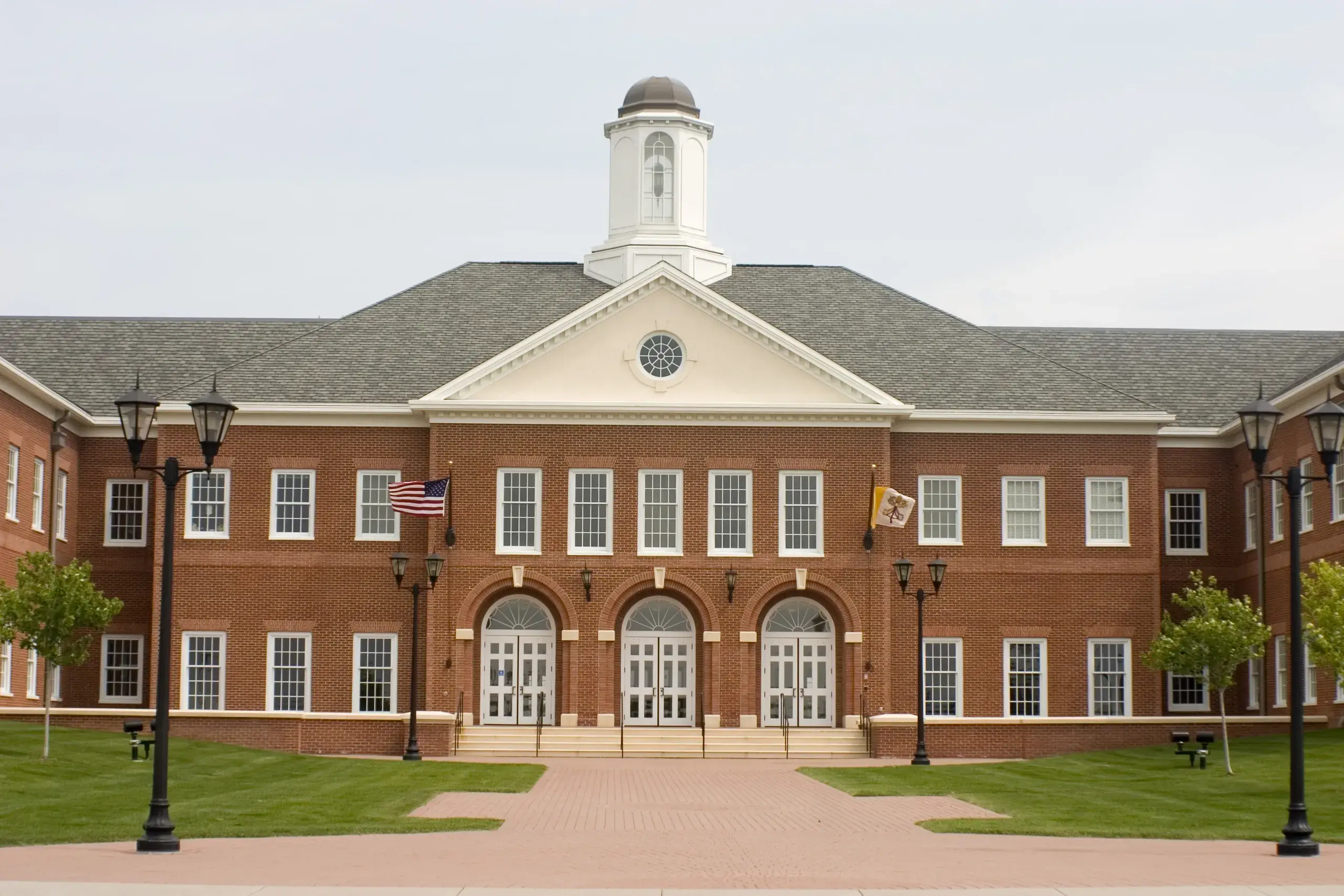This commentary is by Carol Frenier, a small business owner in Chelsea. She taught American history for a decade in Massachusetts high schools before moving to Vermont in 1992.
Both federal and state courts have ruled recently that religious schools must be included in voucher programs that are made available to other nonpublic schools.
This has raised concern among many educators and politicians that using taxpayer dollars may involve religious indoctrination.
These officials might be surprised to learn that many Vermont taxpayers, myself included, do not want their tax dollars used for woke indoctrination either. Indoctrination about transgenderism, variations of CRT, or belief in a forthcoming anthropogenic climate catastrophe, for example, is based on a world view as subjective as any religious belief.
Any educational system you can name teaches some core values. Whether religious, philosophical or political, there is a fundamental point of view behind the content and/or style of instruction. What woke teachers consider to be “true,” I consider to be questionable ideology. What I consider one of the most brilliant documents ever written (the U.S. Constitution), some woke teachers consider a self-serving document written by white, male slave holders.
Conceding this reality, many countries around the world have solved this problem by adopting something called “educational pluralism.” According to Ashley Rogers Berner of John Hopkins University, educational pluralism means that state governments fund and hold accountable a wide variety of schools, including religious ones, but do not necessarily operate them.
It accepts the fact that education is a community concern but also honors the beliefs of the nation’s families, allowing each school to teach according to its own values and mission, provided the school meets the state standards. As such, she says, it provides a way out of the winner-take-all mentality that characterizes so many educational debates.
The Netherlands, she explains, is the most educationally plural country in the world. It gives block grants for staff, facilities and operations to each of its 36 different types of schools. In Belgium, she continues, half of its French-speaking students attend Catholic or independent schools that are fully funded by the state.
These two examples, she asserts, are representative of the majority of countries in the western world. The U.S. is actually the outlier, still believing that the government run schools can teach “objectively.”
In a pluralistic system, parents have multiple choices of schools, as long as those schools meet the academic and citizenship training standards of the state. (Citizenship training prepares students to engage in civil activities and treat other groups with respect.)
Thus, a parent can send one child to a Catholic school, where discipline and academic rigor are emphasized, and send another child to a progressive school, where sensitivity to social issues can be affirmed and encouraged.
Many people will suppose that such a system would breed division and intolerance. Ironically, early data indicates that, if anything, graduates of pluralistic systems actually score higher on citizenship. Perhaps this is because, from an early age, children watch adults respecting different perspectives when deciding where their children would be educated.
This system, or some variation thereof, is worth considering. It could get us beyond our winner-take-all mentality and reframe our thinking about religious schools as just one more choice that parents (who are also taxpayers) can make for their children’s education.
